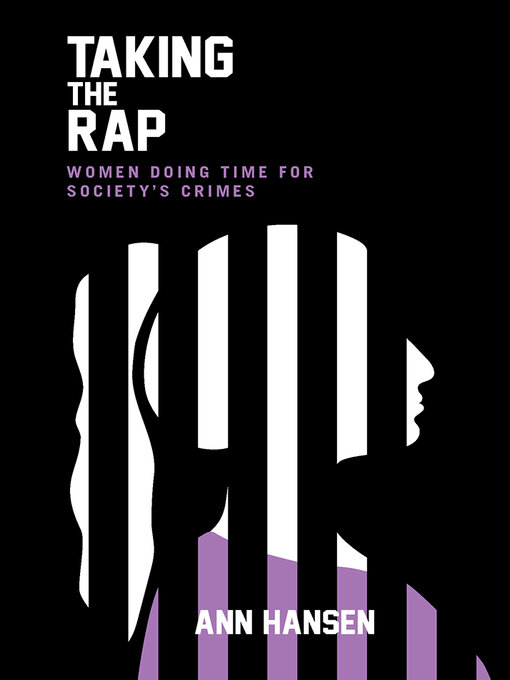When Ann Hansen was arrested in 1983 along with the four other members of the radical anarchist group known as the Squamish Five, her long-time commitment to prison abolition suddenly became much more personal. Now, she could see firsthand the brutal effects of imprisonment on real women's lives.
During more than thirty years in prison and on parole, the bonds and experiences Hansen shared with other imprisoned women only strengthened her resolve to fight the prison industrial complex. In Taking the Rap, she shares gripping stories of women caught in a system that treats them as disposable-poor women, racialized women, and Indigenous women, whose stories are both heartbreaking and enraging. Often serving time for minor offences due to mental health issues, abuse, and poverty, women prisoners are offered up as scapegoats by a society keen to find someone to punish for the problems we all have created.

